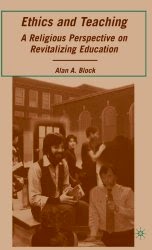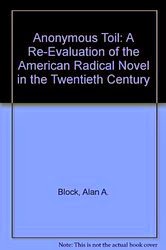Memory and History
Memory is not history. History is facts, and facts are happenings with the life taken out of them. Historian Bernard Bailyn writes, “I am concerned with one of the central problems in the everyday practice of history that contemporary historians actually face none of whom, as far as I know, believe naively that historians can attain perfect objectivity; none of whom dream that a historian can contemplate the past from some immaculate perch, free from the prejudices, assumptions, and biases of one’s own time place, and personality; none of whom deny that facts are inert and meaningless until mobilized by an inquiring mind, and hence that all knowledge of the past is interpretive knowledge . . .” History “sometimes an art,” attempts to offer a more accurate depiction of what might have occurred knowing well that such portrayal is always limited and incomplete. “We cannot experience what they experienced in the way they experienced it,” Bailyn writes. Ironically, in the absence of that aspect of life the facts lack meaning. Facts are cold and sterile, but memory is hot and fertile. This contrast accounts for the vitality of psychotherapy. In psychotherapy one creates the story that works from the facts available; psychotherapy offers energy to the facts, but then it must be acknowledged that those facts are changed by their placement into the story and are no longer ‘facts’ but elements of the constructed narrative. Yes, the Holocaust happened, and we have the facts--dates, names and numbers that confirm it. But the holocaust possesses existential meaning in the stories that are its essence and that arise out of it: in the diary of Anne Frank, the memoirs of Elie Wiesel and Primo Levi and in the memories and stories of others who survived it and left records of their struggles. History as memory is sad; facts in the absence of story are not history. “But we must all still be story tellers, narrators—though of events lodged deep in their natural contexts.” Those contexts may be named but remain for the most part interpretable but resistant to any semblance of truth. History, like memory, embodies an essential sadness.












